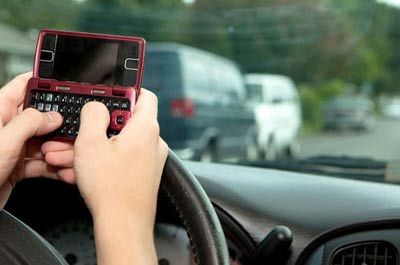
"Most cancers have multiple causes," she says, but she points to laboratory research that suggests low-energy radiation could damage cells that could possibly lead to cancer.
她說:“大多數癌癥具有多種病因。”但她指出,實驗室研究表明,低能輻射會損害人體細胞,而這又有可能導致癌癥。
Children are more vulnerable to radiation than adults, Ms. Davis and other scientists point out. Radiation that penetrates only five centimeters into the brain of an adult will reach much deeper into the brains of children because their skulls are thinner and their brains contain more absorptive fluid. No studies have yet been completed on cellphone radiation and children, she says.
戴維斯女士及其他一些科學家指出,兒童比成人更容易受到輻射的影響。由于兒童的顱骨更薄,而且大腦中含有更多易吸收輻射的液態物質,因此滲入成人大腦僅5厘米的手機輻射能夠滲入到兒童大腦內更深的區域。她表示,手機輻射對兒童影響方面的研究目前還不完善。
Henry Lai, a research professor in the bioengineering department at the University of Washington, began laboratory radiation studies in 1980 and found that rats exposed to radiofrequency radiation had damaged DNA in their brains.
華盛頓大學生物工程系研究教授賴亨利自1980年開始進行輻射實驗研究。他發現,受到射頻輻射的實驗鼠腦組織DNA會受損。
Ms. Davis recommends using wired headsets or the phone's speaker. Children should text rather than call, she said, and pregnant women should keep phones away from the abdomen.
戴維斯女士建議大家使用有線耳機或手機揚聲器,兒童應盡量收發短信而不是打電話,而懷孕婦女應將手機遠離腹部。













